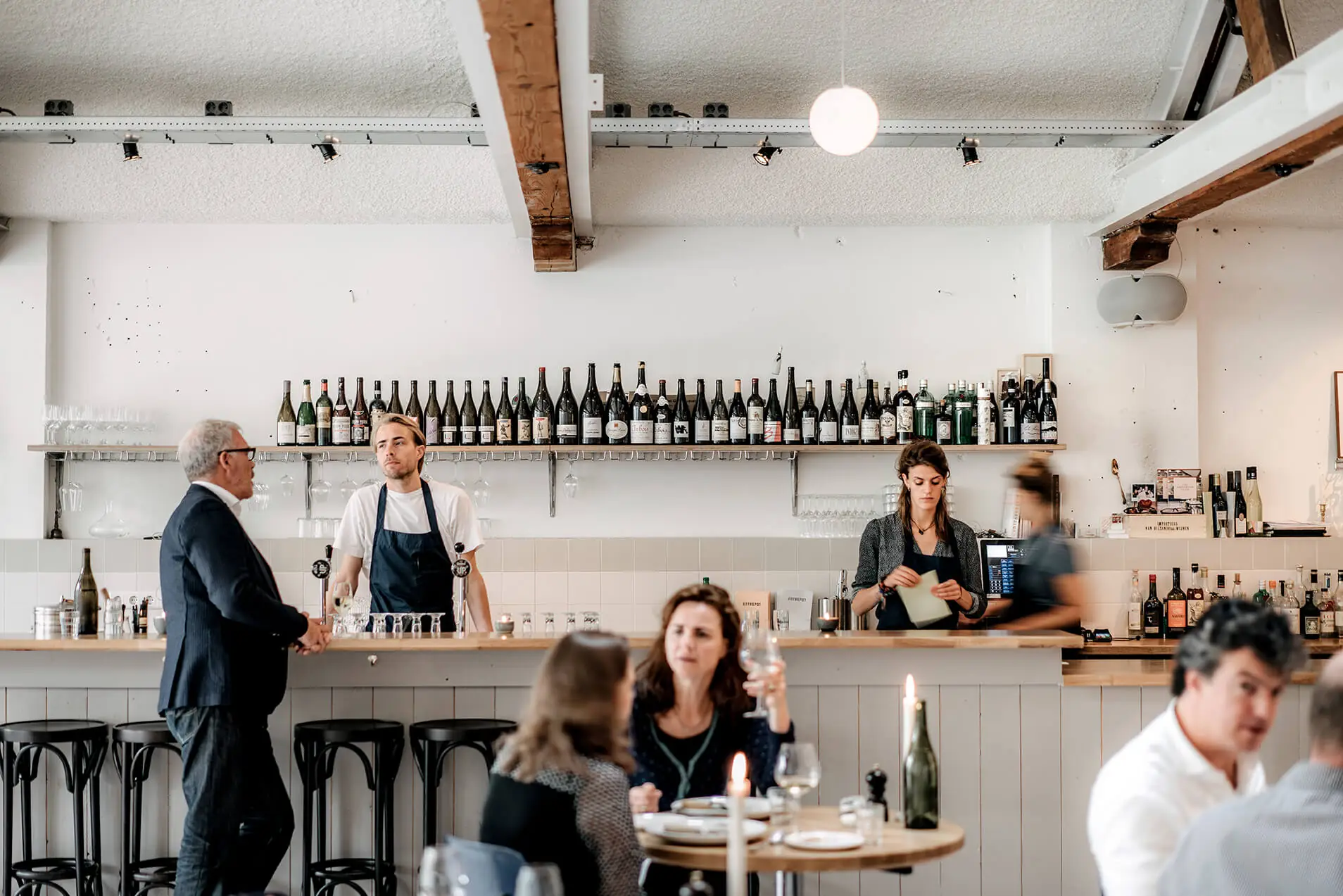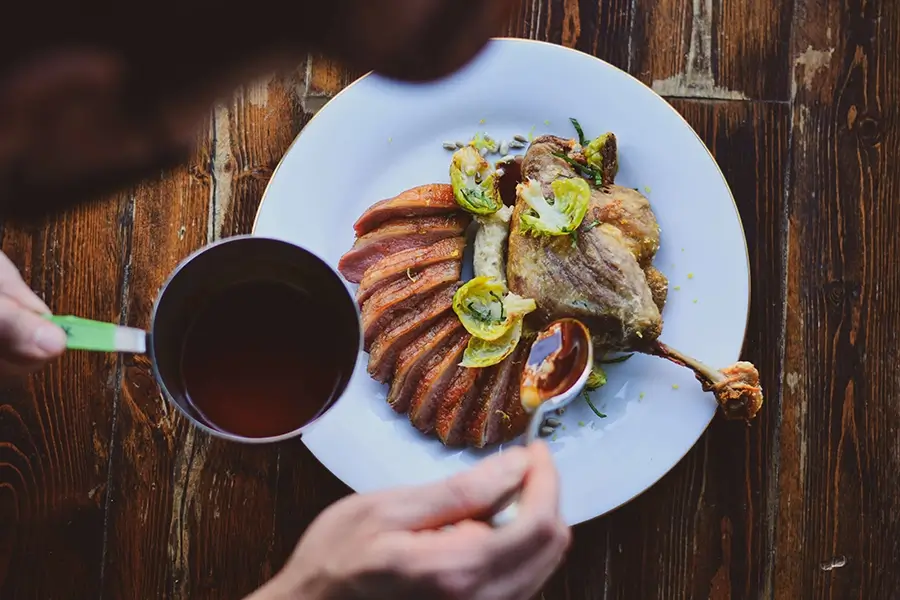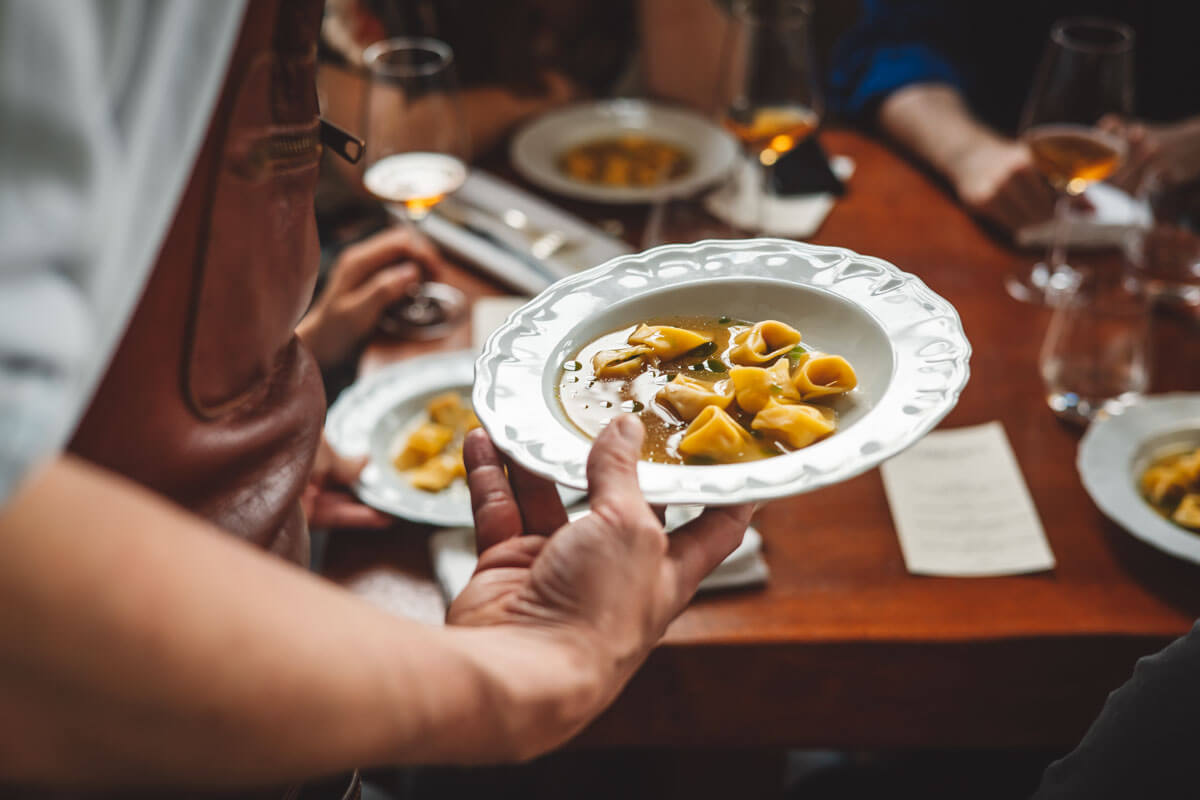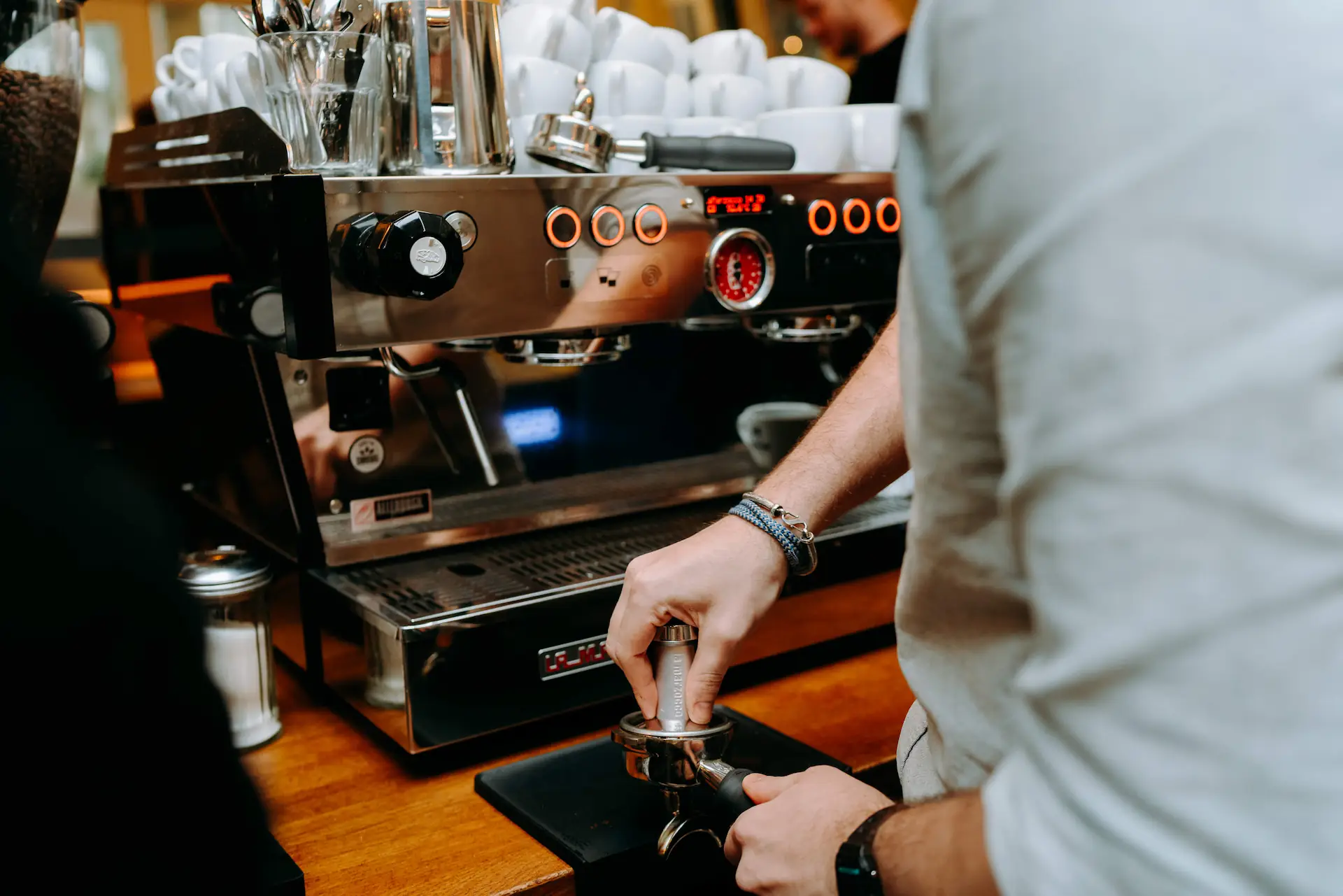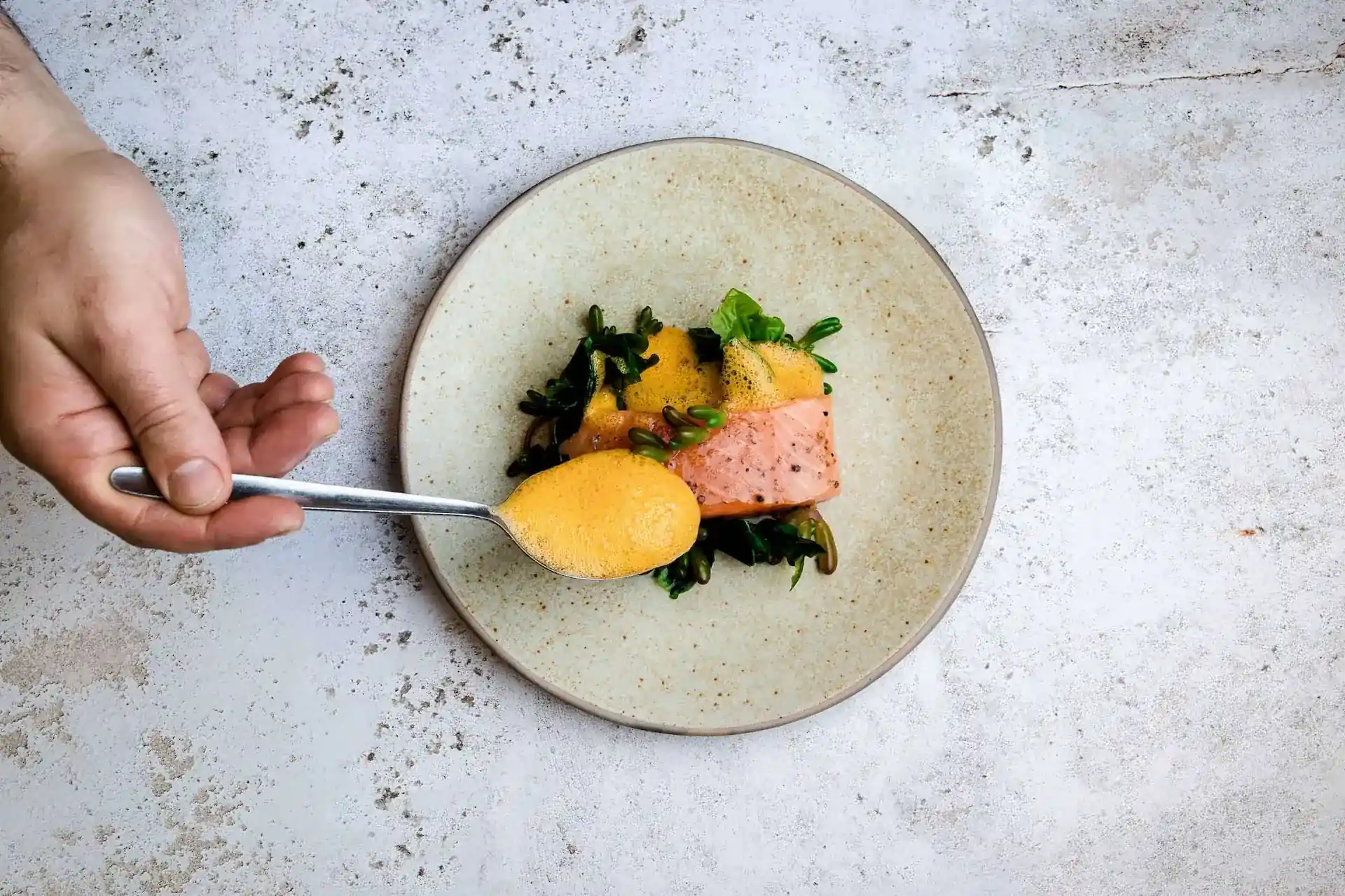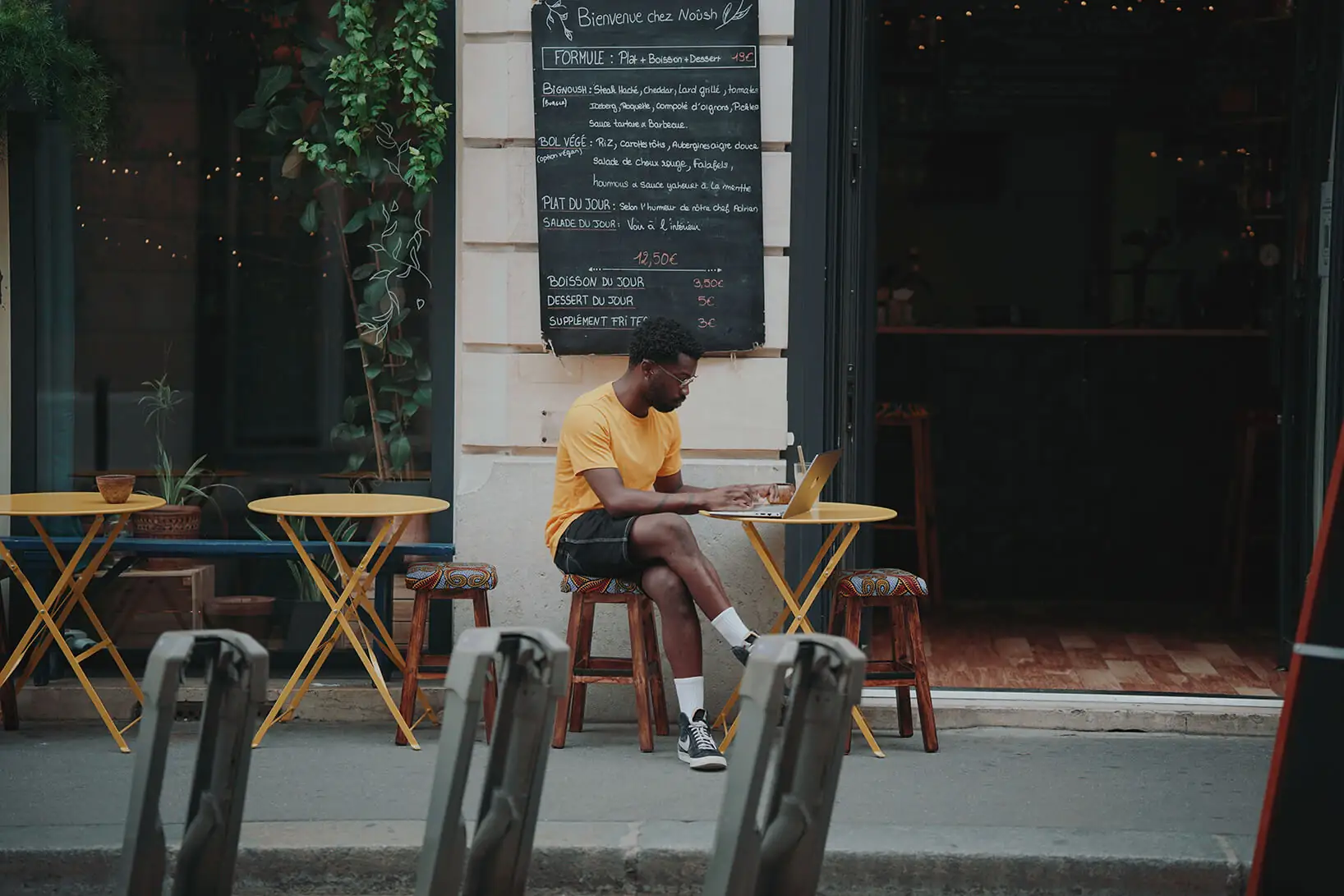Conduct a market study before opening your restaurant
A market study is a requisite step before opening a restaurant, enabling you to validate the feasibility of your project.
A market study can be divided into four main steps:
An analysis of the restaurant market
both nationally and in the envisaged catchment area.
An analysis of supply and the competitive environment
direct and indirect competitors, prices charged, occupancy rates, market positioning, possible threats, opportunities to be seized, etc.
An analysis of local demand and your future clientele
budget, habits, expectations, motivations, etc.
An analysis of the regulations
governing the restaurant sector (hygiene, safety and accessibility standards, statutory signage, mandatory training, etc.)
Find a location for your restaurant
When starting a restaurant business, the choice of location is a decisive factor for its success.
When choosing a location for your restaurant, make sure that:
- Foot traffic is sufficient
- It is well served by public transport and has parking spaces nearby
- The frontage is appealing
- It is located close to community areas (shops, cinemas, shopping centres, etc.).
Also check that the premises are large enough to accommodate a reception room, a kitchen and ancillary areas (storage area, cold room, sanitary facilities, customer reception area, etc.). Once the premises have been purchased, you will need to make the necessary adjustments to ensure that they comply with the standards in force.
Depending on your project and budget, you can purchase a commercial property outright, rent a commercial property or acquire a business if you want to take over a restaurant.
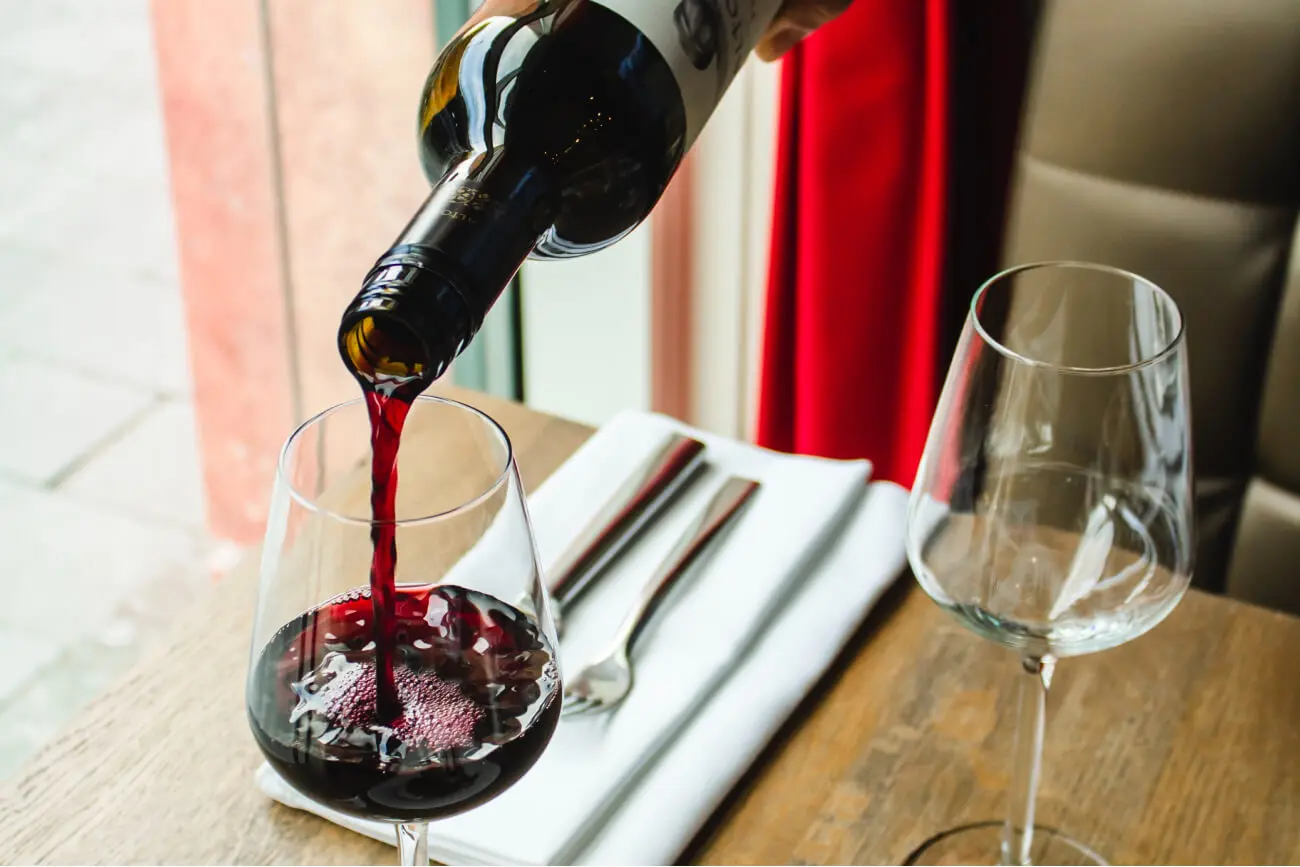
Write a business plan for your restaurant
Before you open your restaurant, you will need to draw up a comprehensive business plan. The objective of this key document is to define your restaurant’s business strategy and financial forecasts.
Your business plan should include:
A catchy executive summary
which presents your project in a few words ;
A presentation of the restaurant owner
and partners (professional experience, skills, expertise, diplomas and training, etc.) ;
Key figures
from the market study ;
A description of your restaurant concept and offering
menus, type of cuisine, services, etc ;
Your objectives, action plan
and resources required to open your restaurant (human, material and financial resources, marketing strategy, etc.) ;
The characteristics of your premises and the choice of legal status
Financial analysis
which must include: - Forecast profit & loss statement and estimation of working capital - Cash flow table - Financing plan - Forecast balance sheet.
Pay particular attention to your business plan, both in form and in content: the business plan is your best ally for convincing banks, investors and commercial partners of the feasibility of your project.
Carry out the required legal and administrative formalities for opening your restaurant
As with any business project, setting up a restaurant requires following a number of administrative and legal procedures. In particular, you will need to:
Choose the legal status
of your restaurant: company (SARL, EURL, SAS, etc.), sole proprietorship or micro-enterprise ;
Carry out the formalities for setting up a business
(registering your business with the Trade and Companies Register – RCS, drafting the articles of association, publishing a legal notice, etc.). Most procedures can be carried out at the CFE (Centre de Formalités des Entreprises) of the CCI in your region ;
Declare the opening of your restaurant
to the town hall of your municipality at least 15 days before opening ;
Declare the sale of animal
or animal-origin foodstuffs to the competent authority in your town ;
Obtain a restaurant licence and operating permit
Take out the necessary insurance
for the opening of your restaurant (premises, equipment and civil liability insurance).
Securing financing for your restaurant
There are several ways to raise the funds needed to open your restaurant (rental or acquisition of the premises, fitting out of the space, purchase of furniture and equipment, etc.):
Professional bank loan
this is the most commonly used method of financing although it requires a solid financial dossier and fairly significant equity (generally around 30% of the loan amount) ;
Crowdfunding, or participatory financing
asking individuals to donate via an online platform ;
Microloan
a small loan of less than €10,000 offered by an organisation such as Adie or France Active ;
Leasing
you pay rent to a lessor who buys the premises or business for you, with the possibility of buying it back after a certain period
Business angels
executives, entrepreneurs or managers finance part of the capital of your future restaurant in exchange for shares in the business
Love money
funds are provided by your friends and family in the form of a donation, loan or in exchange for shares
Brewery loan
you obtain a loan from a drinks supplier with whom you commit to buying supplies exclusively for a given period


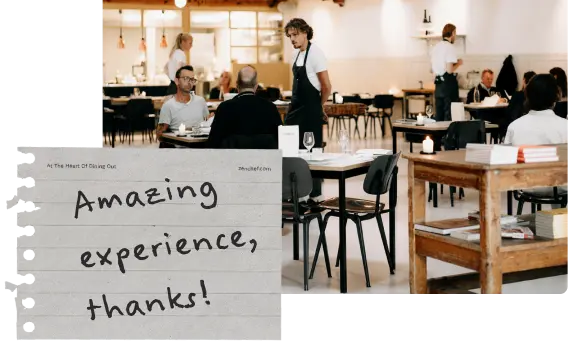
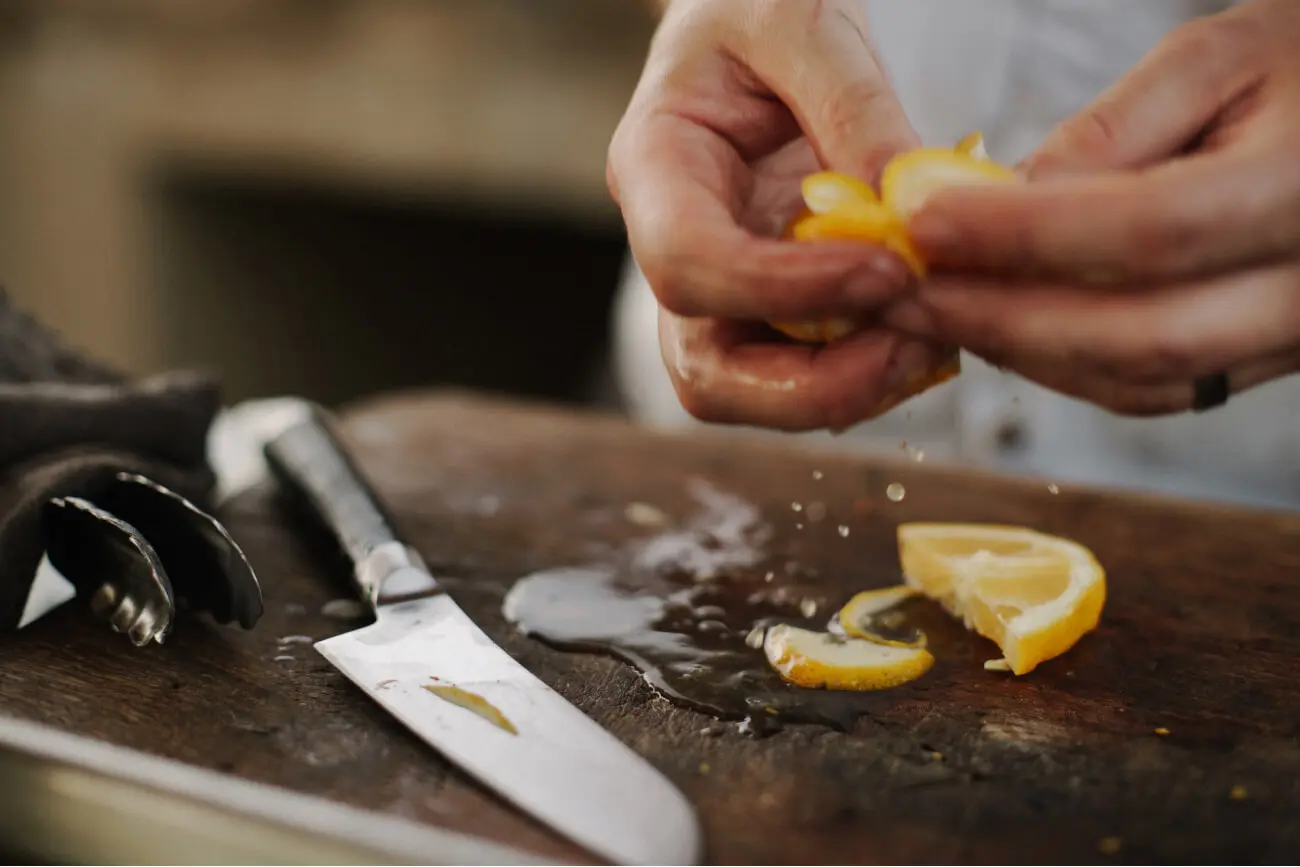

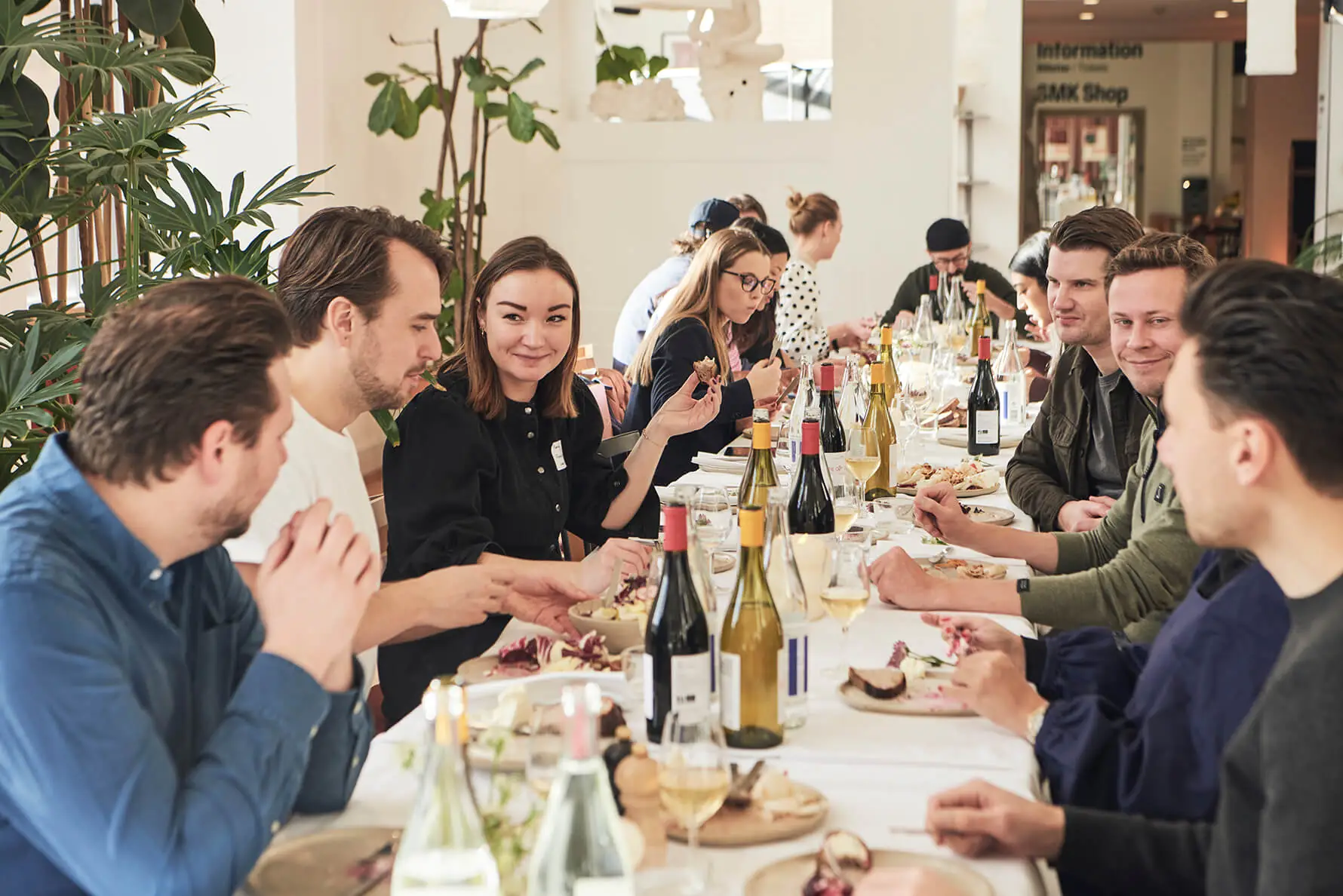
.webp)
